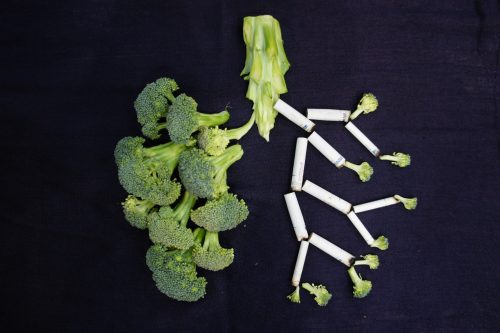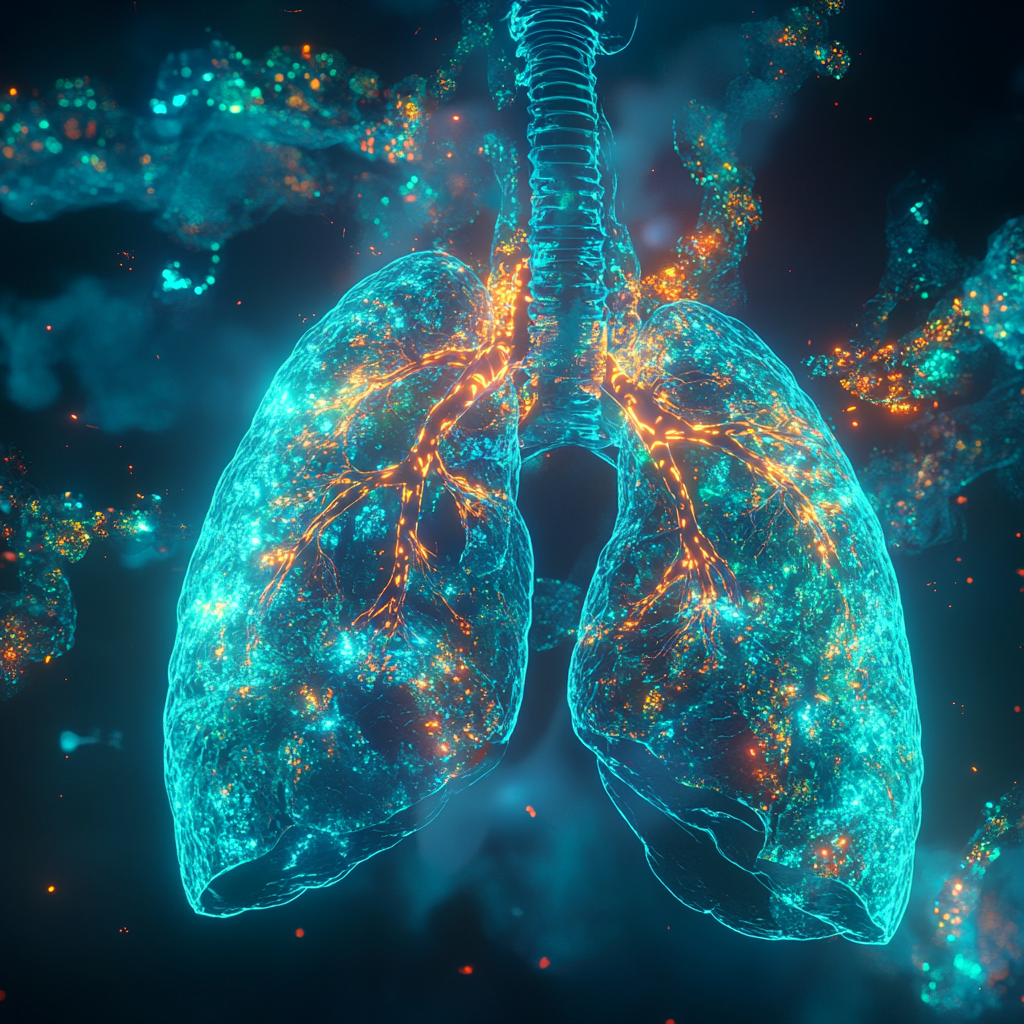Tips to Keep Your Lungs Healthy: Breathe Better Every Day
Your lung health plays a crucial role in keeping you alive, yet they are often overlooked until something goes wrong. With an average of 17,000 to 30,000 breaths a day, your respiratory system works tirelessly to support your health and well-being. If you want to ensure your lungs are functioning at their best, there are simple lifestyle changes you can make today to strengthen your lung function and boost your overall health. Let’s dive into some effective ways to improve your lung health and keep your respiratory system running smoothly.
Understanding How Your Lungs Work
Your lungs are remarkable organs responsible for supplying oxygen to your body and expelling carbon dioxide.
 The respiratory process starts with inhalation. Air enters your body through your nose or mouth, travels down your throat into the trachea, and eventually into your lungs through the bronchi. Within your lungs, tiny air sacs called alveoli allow oxygen to pass into your bloodstream.
The respiratory process starts with inhalation. Air enters your body through your nose or mouth, travels down your throat into the trachea, and eventually into your lungs through the bronchi. Within your lungs, tiny air sacs called alveoli allow oxygen to pass into your bloodstream.
During exhalation, your lungs remove carbon dioxide, a waste product produced during energy creation. It follows the same path as oxygen but in reverse, leaving your body through your nose or mouth. This continuous exchange of gases is essential to maintaining life and lung health.
7 Tips to Improve Lung Health
Here are some practical ways to support and maintain healthy lungs:
- Don’t Smoke
Smoking is the leading cause of lung disease. Quitting smoking is the single best thing you can do to protect your lung health. - Eat a Healthy Diet
A balanced diet supports your overall health, including your lungs. Foods rich in antioxidants like fruits, vegetables, and lean proteins help protect your lungs from harmful pollutants. - Stay Hydrated
Drinking water helps thin the mucus in your lungs, making it easier to clear out. Proper hydration is essential for maintaining lung health. - Exercise Regularly
Regular exercise strengthens your respiratory muscles, improving your lung capacity and helping your body use oxygen more efficiently. Aim for moderate activities like walking, biking, or swimming. - Wash Your Hands Often
Frequent hand washing helps prevent infections, such as colds and the flu, that can affect your lungs. Keeping germs at bay is crucial for maintaining lung function. - Avoid Air Pollutants
Air pollution can damage your lungs over time. Try to avoid secondhand smoke, chemicals, dust, and environmental pollutants. You can check the air quality in your area by visiting AirNow. - Wear a Mask in Polluted Areas
When air quality is poor, wearing a mask can protect your lungs from harmful particles, especially during outdoor activities.
 Air Pollution and Lung Health
Air Pollution and Lung Health
More than 40% of Americans live in areas with dangerous air quality, according to the American Lung Association. Pollutants like ozone and fine particulate matter can cause short-term irritation and long-term damage to your lungs. Factors such as emissions from cars, industrial pollution, and wildfires contribute to worsening air conditions. Over time, exposure to these pollutants can lead to serious lung conditions, such as asthma or chronic obstructive pulmonary disease (COPD).
Protecting Your Lungs from Pollution
Your lungs have natural defense mechanisms, like cilia and mucus, that help filter out harmful particles. However, prolonged exposure to air pollution can overwhelm these defenses, leading to oxidative stress. Oxidative stress occurs when free radicals outnumber antioxidants, causing cell damage that can disrupt normal lung function.
To protect your lungs:
- Limit exposure to air pollution whenever possible.
- Eat antioxidant-rich foods like berries, citrus fruits, and leafy greens to help counteract free radical damage.
- Take lung-supporting supplements, such as those containing ginseng or black cumin seed extract, which may help reduce inflammation and support overall lung health.
A Breath of Fresh Air
For those seeking additional support, 4Life Transfer Factor® Lung offers a unique blend of ingredients designed to promote respiratory function and protect your lungs from pollution-based damage. This dietary supplement can help support your body’s natural defenses while boosting lung performance.
Conclusion
Maintaining lung health is an essential part of overall wellness. By implementing these tips—like avoiding pollutants, eating a healthy diet, and staying active—you can breathe easier knowing you’re protecting your lungs. Small, consistent actions make a big difference in promoting long-term lung function and respiratory health.
Remember, every breath counts!
With love and positivity, Jennifer🙏🏻💛





